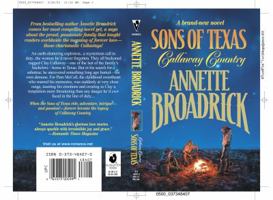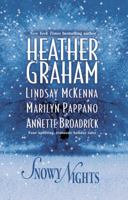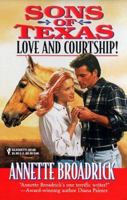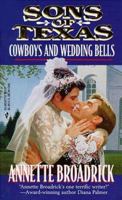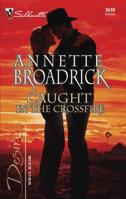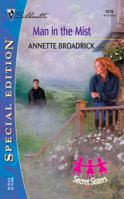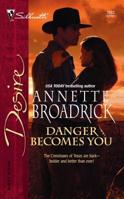American Heart Association Meals in Minutes Cookbook: Over 200 All-New Quick and Easy Low-Fat Recipes
Select Format
Select Condition 
Book Overview
You Might Also Enjoy
Customer Reviews
Rated 5 starsExcellent resource for convenient, healthy cooking
This book has made it easy for me to plan and cook healthy meals on a regular basis. I have been pleasantly surprised several times by recipes I wasn't sure I would like. I never knew that healthy food could be so flavorful! Besides having tasty recipes, this book is user-friendly. There are helpful preparation tips, and some recipes have variations or specific suggestions on how to use the leftovers in another dish. ...
1Report
Rated 5 starsExcellent resource for reforming one's diet
I bought this book because I have been diagnosed with a cardiac problem. I need to lose weight. I also have a few other health issues so being able to put good food on the table quickly is a must for me. This book gives wonderful recipes for doing just that. I've had the book for 2 weeks and I've used it nearly every day. And even the times I haven't used it, I've used the "good food fast" principles as I cook. As has...
1Report
Rated 5 starsSO EASY for employed, full time mother of 3
My family groaned when I announced we were going to eat healthier. I was a little worried about finding the time to change our lifestyle. This was one of the first books I checked out at the library and I was instantly hooked - had to buy! It is very organised and extremely easy to use. It has a wonderful picture guide that tells you instantly the time, type of ingredients and amount of preparation that is needed. The...
1Report
Rated 5 starsEasy, Fast and Fabulous
This is an easy to use "bible" on low fat, high nutrient cooking. Geared to people who don't have a lot of time or expertise. I love this book.
1Report
Rated 5 starsGREAT DESSERTS AND MEALS
Fast and easy! You can make any recipe in this book in less than 30 minutes. Perfect for the first time cook too. You will be happy with the results! Try the first desert recipe. But dont tell the kids it is low in fat!
1Report























